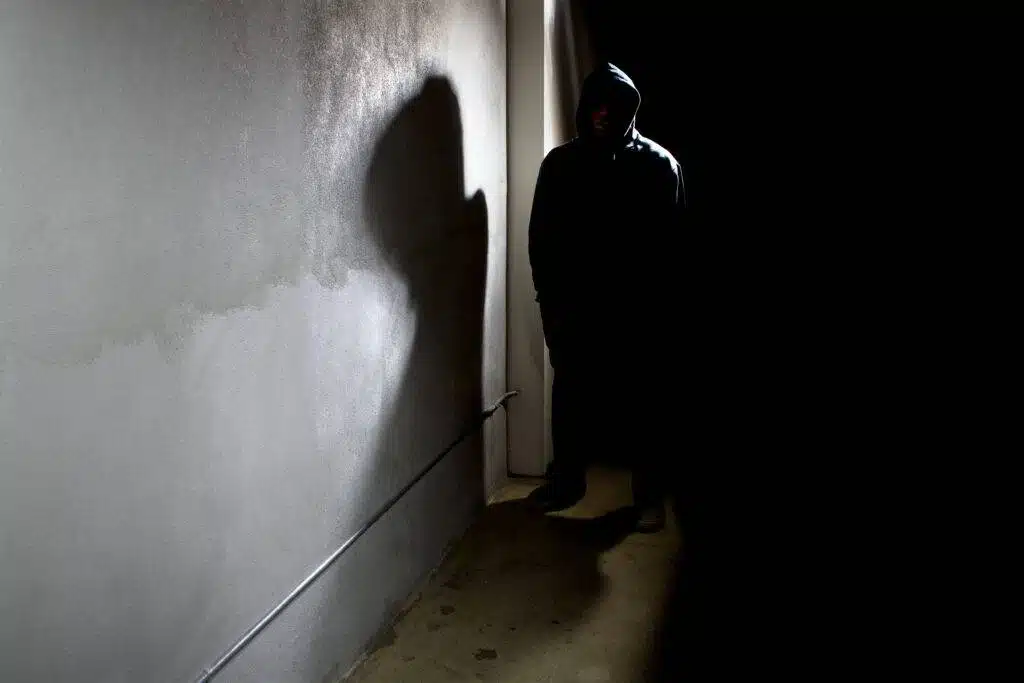Colorado’s sex offender registry aims to strike a balance between public safety and individual rights. Sex offenders in this state are classified based on the severity of their sexual offense convictions. In this blog post, we provide comprehensive insights into Colorado sex offender laws, who is required to register, and the legal dos and don’ts for individuals who are classified as sex offenders.
The Goal of the Sex Offender Registry
The primary purpose of the Colorado Sex Offender Registry is three-fold.
- Protect the public. By providing easily accessible information about individuals convicted of sex offenses, the registry aims to empower people to make informed decisions about their own safety and the safety of their families and children.
- Deter sex offenders from committing similar crimes in the future. The sex offender registry acts as a deterrent by creating a system of accountability and visibility for those who have committed sex offenses.
- Aid law enforcement. By maintaining an up-to-date and comprehensive database of registered sex offenders, law enforcement can better track and supervise these individuals. This aids in investigations, enhances public safety, and ensures that law enforcement has the necessary information to respond effectively to potential threats.
What Can the Public See?
The Colorado sex offender registry website shows the following information about each convicted individual.
- Full name and any aliases
- Date of birth
- Address
- Vehicles
- Custody status
- Mugshot
- Race, gender, height/weight, hair color, eye color
- Scars, marks, tattoos
- Details about the crime and conviction, including SVP classification
- Failure to register in the past
Who Must Register as a Sex Offender in Colorado?
Anyone who commits a sex crime in Colorado must register as a sex offender. Examples of common sex crimes include sexual assault, internet luring, indecent exposure, unlawful sexual contact, and more. For a fuller understanding of what constitutes a sex crime, visit our Sex Crimes practice area page.
Note that adults convicted of felony sex crimes are visible on Colorado’s Sex Offender Tracking and Registration System, which is accessible to the public.
What Are Sex Offenders Not Allowed to Do in Colorado?
The primary legal constraints that sex offenders will face are residency limitations. While there is no state-wide rule in Colorado barring sex offenders from living near schools, parks, daycares, churches, or other areas where children commonly congregate, there are local laws in place in many Colorado counties with harsher restrictions.
Beyond residency restrictions, registry as a sex offender can have a major negative impact on your relationships and employment prospects. If you have been convicted of a felony sex crime, your personal information will be readily available to the public, which can have a massive bearing on your day-to-day life.
What Are the Re-Registration Requirements in Colorado?
Sex offenders are required to re-register at specific intervals, which vary depending on the severity of the crime committed.
- Most sex offenders are required to re-register once a year.
- Sexually violent predators (SVPs) and individuals convicted of the following crimes are required to re-registered every three months.
- Felony sexual assault
- Sexual assault on a child
- Incest or aggravated incest
- Transients, who do not have a permanent street address, are required to re-register every month.
How Long Do You Stay on the Registry?
| Crime Committed | When You Can Petition for Removal |
|---|---|
| (1) Sexually violent predators (2) 2+ convictions of unlawful sexual behavior (3) Felony sexual assault or incest |
Never |
| Other class 1, 2, or 3 felonies | After 20 years |
| (1) Other class 4, 5, or 6 felonies (2) Class 1 misdemeanor sexual assault/contact |
After 10 years |
| Other misdemeanors | After 5 years |
| Failure to register | After 1 year (in addition to time for the actual sex crime committed) |
| (1) Deferred sentence & adjudication (2) Juveniles |
After case dismissal |
Note: Just because you petition for removal from the Colorado sex offender list does not mean it will be granted to you. If you are facing trouble with removal from the registry, a Colorado sex offender lawyer can help.
Failure to Register: What Are the Consequences?
If you commit a felony sex crime in Colorado, failure to register as a sex offender is a class 6 felony. Penalties include 1-1.5 years in prison and/or fines of up to $100,000.
Failure to register two or more times is classified as a class 5 felony (more serious), with penalties of 1-3 years in prison and/or fines of up to $100,000.
If you commit a misdemeanor sex crime in Colorado, failure to register as a sex offender is an extraordinary risk class 1 misdemeanor, carrying penalties of jail time and fines.
If you have been convicted of a sex crime in Colorado, understanding the full breadth of sex offender registry rules and regulations is essential. The Colorado sex offender attorneys at MBS Law are well-versed in all things criminal law and can help you take proactive steps towards justice and freedom. Get started today with a FREE consultation, and we will discuss next steps for your unique case.











